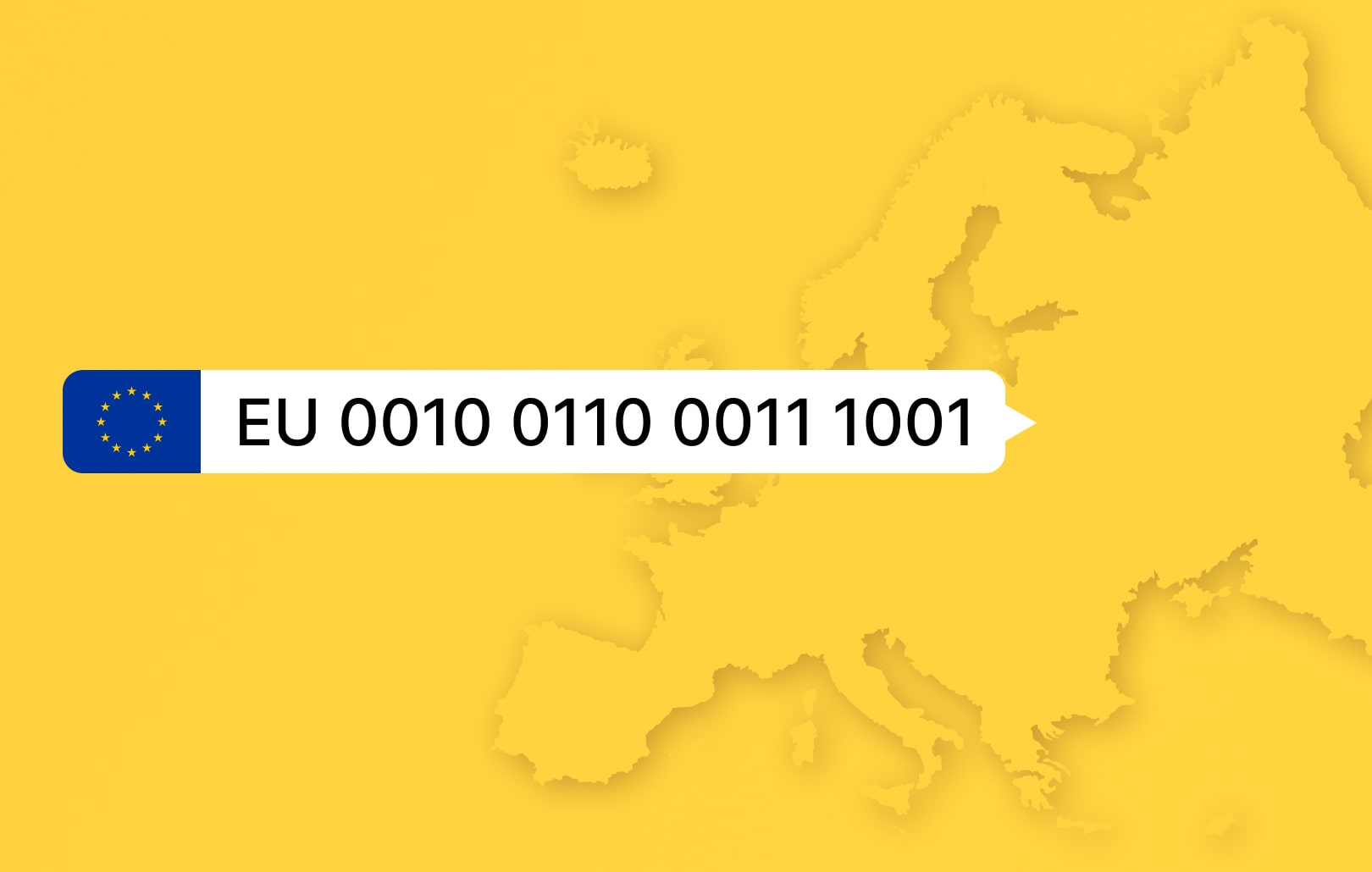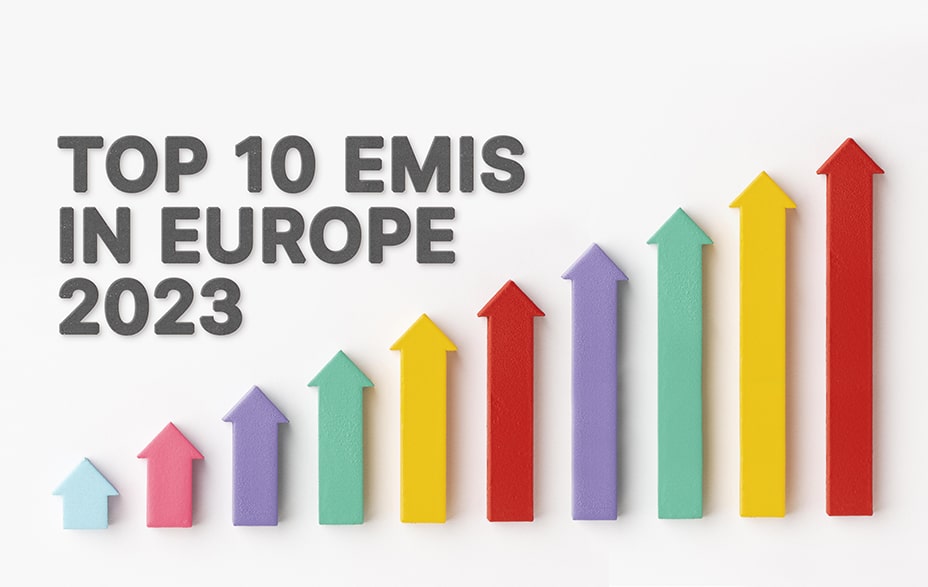Quickest Path to EU Business Accounts for Non-Residents

As the world becomes increasingly more interconnected each year, new steps in banking are required to adapt to the realities of global commerce. Digital-only banking has been a global trend actively embraced by SMEs and large businesses for at least a decade now. Europe, a market with over 500 million consumers, presents an excellent opportunity for non-EU businesses that are looking to expand and increase profits.
A key solution for ensuring the optimization of business processes, maximization of financial benefits, and rapid international payment processing is a Euro business account with a European financial institution. For non-EU LLCs, there are also several efficient options for opening a business payment account with an EU banking institution. With your EU account, you can seamlessly pay your EU suppliers via SEPA Instant transfer, which takes only a couple of seconds, receive payments from your clients, pay for any business expenses and more.
Are there Barriers for Euro Account Opening in the EU?
Opening a Euro payment account for your business in the EU can be challenging due to varying banking and regulatory requirements. This guide covers all the relevant considerations and alternative options that will help you simplify the process. Keep reading to learn more about the benefits of having a Euro business account and streamline your business operations in the EU.
Language: Setting up an EU current account for your business can be challenging due to the differences in language, banking practices, and regulatory requirements across the EU-28. However, most European neobanks offer English-language versions of their apps and web interfaces, along with English-speaking customer support.
EU Company Registration: Establishing business accounts for non-EU companies and owners can be challenging when it comes to most legacy European banking providers. Satchel simplifies the process, requiring just a proof of your home country address, a bank reference letter, or a bank statement translated into English or Lithuanian. This means that residents from any country (except blacklisted countries) can open a European business account online with ease.
EU Tax Identification Number: When registering your business with the relevant government agency in a specific country, you will receive a tax identification number. This number is required in most applications of traditional banks for the purpose of reporting to the relevant EU tax authorities. However, at Satchel, providing an EU tax ID number is not a prerequisite for opening a business account. Residents from any country, excluding those on the blacklist, can easily open a European business payment account online.
Minimal Deposit: While many banking providers demand a minimum deposit ranging from 300 to 1,000 EUR, Satchel follows a different approach: there are no mandatory deposits. You only incur charges once your application is approved and your account is officially opened.
Local Regulations: Similar to most countries, each EU member state imposes controls on whether and how banking providers can open accounts for non-residents and businesses operating outside their borders. These controls are in place to combat money laundering and other forms of international criminal activity. Regulatory frameworks may vary not only among specific countries within the EU but also among different regions within each country. These variations can impact the requirements for opening business accounts for foreign companies. However, it’s worth noting that banking rules are standardized across all EU member states. Lithuania, in particular, stands out as a prime choice due to its strict adherence to regulatory requirements and a highly favorable environment for digital banking. As the EU’s largest fintech hub by the number of EMI (electronic money institution) licenses issued, Lithuania provides an ideal setting for businesses in need of reliable financial services.
Local Banking Policies: Commercial banking providers typically implement internal policies governing the handling of accounts from overseas customers. These policies are designed to ensure compliance with applicable laws and safeguard the institution against potential fraud or other losses. It’s important to note that these internal policies may vary between financial institutions and are subject to change based on economic conditions and global security considerations, including the threat of terrorism. Substantial competition in the banking sector within Lithuania contributes to the flexibility of local providers. Notably, Lithuanian EMIs stand out for having some of the most accommodating policies toward non-EU residents in the EU and the UK.
Blacklisted Countries: The list of prohibited countries is usually consistent across the EEA and the UK, with minor variations from one country to another. Typically, the list includes offshore jurisdictions and nations with a high risk of money laundering (such as Russia, North Korea, Iran, Syria, Afghanistan, etc.). For your convenience, you can find the complete list here.
The Need of Physical Presence for Applying: It may seem unusual, but certain banking institutions may require applicants to personally visit and apply at a branch, especially in countries like France, Germany, Ireland, and Spain. However, with Satchel, the process is entirely paperless – scanned copies are enough. This approach not only saves you valuable time and money but also eliminates the need for travel or hiring representatives or consulting firms. Moreover, many countries accept the use of offices belonging to an attorney, registered agent, notary, or other specified company representatives, as recognized by each respective EU country.
Additional Requirements: Certain financial institutions may necessitate the submission of a business plan or evidence of specific skills or knowledge during the account opening process. Other considerations involve assessing the VAT structure in each country and determining whether there are additional taxation rules pertinent to the types of products or services you are buying or selling.
What are the Documents Needed to Open a Euro Account in the EU?
The best approach is to directly contact the financial provider of choice in the specific EU country and region where you will be opening the account to inquire about their current policies and procedures. Online application, the international passport of the business owner, proof of address, corporate documents, and a detailed business description are essential prerequisites. You can check the full list of documents needed to open your Euro business account with Satchel here.
The Best Option for Non-EU Citizens for Business Account Opening in the EU
Modern neobanks are the ideal choice for seamless and paperless online account opening. A multi-currency account in EUR, GBP, USD, and CHF will cover your trading and payment needs within the EU, UK, Switzerland, and the rest of the world. Good luck with your search for the best euro bank accounts!






